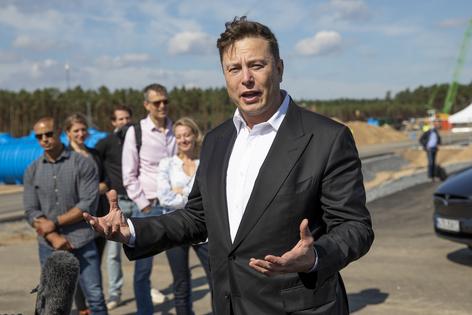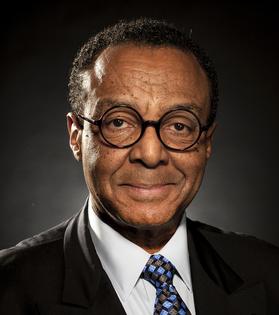Elon Musk Makes His Move on Twitter — But Toward What?
First he said he would, then he didn’t.
Less than a week after the announcement that Tesla CEO Elon Musk had become Twitter’s largest shareholder and would be joining the company’s board, Twitter announced over the weekend that, well, not quite.
Musk, the world’s richest man, remains the largest shareholder of Twitter after purchasing 9.2% of the social media giant’s stock, but he won’t be joining the board, Twitter CEO Parag Agrawal announced Sunday. No explanation was offered for the reversal.
Joining the board probably would not have given Musk the freedom to do what he wants, although what he wants remains to be seen. Either way, news of his growing power already has ruffled more feathers in tech circles than a fox in a chicken coop.
“For those of us who care about equity and accountability,” former Reddit CEO Ellen K. Pao wrote in a Washington Post op-ed, putting Musk on the board is “highly disconcerting — a slap in the face, even.”
But staunchly libertarian and self-described “free speech zealot” Musk has stirred just as much support on the other political side.
Political conservatives, for example, flooded social media to call on Musk to return Donald Trump to Twitter. Trump was banned from Facebook and Twitter after the violent Jan. 6, 2021, Capitol riot.
As Trump’s supporters argue, a small group of elite tech executives deprived the president of his most influential megaphones to deliver his message to the public.
Maybe. But to have access to such tools, you have to follow the rules — as laid down by the social network’s owners and operators.
Trump persistently violated those rules, according to then-Twitter CEO Jack Dorsey. After the Twitter and Facebook bans, Snapchat followed suit, and YouTube suspended the president for at least a week.
Yet even Dorsey lamented that the move was divisive, even inside the company, and sets a precedent that he called dangerous to a “free and open global internet.”
Sometimes you need constraints or you invite chaos. That’s why the debate over Section 230 of the Communications Decency Act is so important. Passed in 1996, the early days of the internet, the act offers broad legal protections to websites to allow the internet to grow, and the law could be revisited later.
Decades later, it is obvious that there is plenty for both sides to complain about and a broad array of solutions to be debated.
“Free speech” has been a key part of that debate but at a time when more people demand free speech than know what it is in the Constitution and what it means in daily life.
As Trump learned the hard way, the First Amendment protects speech from government censorship, but private censorship by a company of its own publication or website is called “editing.”
That’s how the free marketplace of ideas is supposed to work. You put your ideas out there, and others have the right to respond, although not necessarily on your website.
If Trump didn’t like it, he was advised, he is perfectly free to start up his own social network, which he did. It’s called Truth Social, and the last time I checked, it remained a very lonely place. Even Trump hasn’t been using it.
Against that backdrop, Musk made his move on Twitter where, like Trump, he has generated controversy, along with some nervousness about his own version of free speech.
“What could possibly go wrong with an oligarch determining what constitutes free speech?” tweeted former Labor Secretary Robert Reich, who in an essay in The Guardian called Musk’s vision for the internet “dangerous nonsense.”
Musk’s stated desire to “free” the internet would mean even less accountability than there is now, Reich fears, regarding who decides how algorithms are designed and set up and who gets to fill the web with lies, pseudoscience or half-truths that threaten public health, safety and the future of our democracy.
But Reich’s “oligarch” tag for Musk is not much of a put-down. When you’re talking about a CEO of a private corporation in which almost all power is held at the top, it can be a fact of life. Still, Musk is fundamentally a sensible businessman. It’s hard to imagine that he’s trying to take over Twitter to ruin it, along with its amazing profits.
As with the rest of the free market, the ultimate arbiters are the consumers, we the public. The speed and convenience of modern communications have put a bigger responsibility than ever on us, the public, to question the quality of the information we receive, not just the quantity, so that we may reach the most useful conclusions.
Our freedoms depend on our vigilance.
____
(E-mail Clarence Page at cpage@chicagotribune.com.)
©2022 Clarence Page. Distributed by Tribune Content Agency, LLC.
(c) 2022 CLARENCE PAGE DISTRIBUTED BY TRIBUNE MEDIA SERVICES, INC.


























Comments